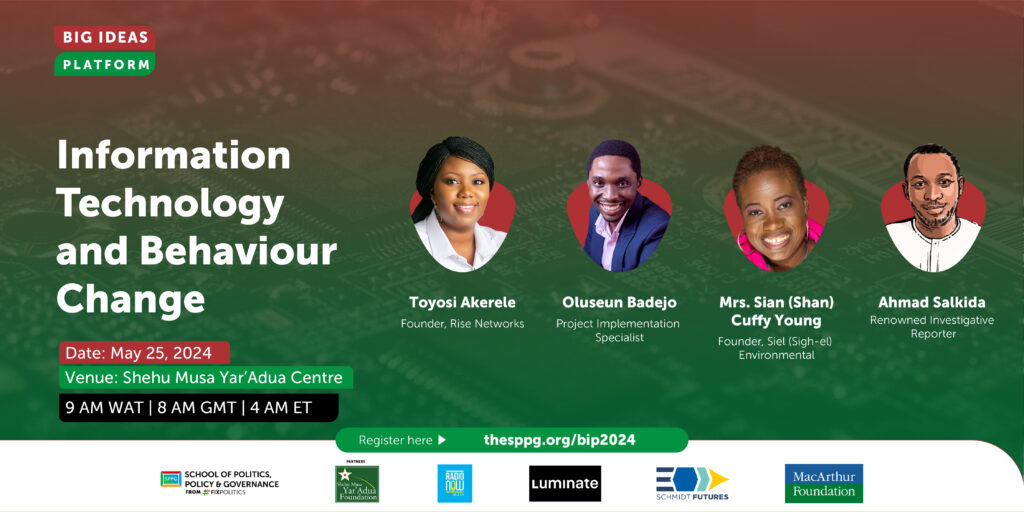The spread of fake news has become a serious issue in today’s digital age and challenges the foundation of our information society. In the modern day of social media rapid communication, the spread of false or misleading information disguising it as trustworthy journalism has achieved unmatched popularity. Fake news is a powerful force that affects all facets of our lives because it is so simple to generate false narratives and spread them to a large audience. The effects of fake news are severe and widespread, whether they involve politically driven misinformation efforts, sensationalised health claims, or false financial news.
The adverse effects of fake news are many and serious. It undermines people’s confidence in trustworthy information sources and makes them doubtful of mainstream media and reputable institutions. The foundation of an educated society is being undermined by this lack of trust, creating uncertainty and false information. Fake news has the ability to sway public opinion, stir up anxiety, and even have an impact on important decisions like political elections. The democratic process is seriously endangered by the use of disinformation to manipulate public opinion. Therefore, the capacity to recognize fake news is crucial. It not only helps people make informed decisions, but it also protects the integrity of our information environment.
Advancements in Artificial Intelligence (AI) have significantly simplified daily human activities. Developed by OpenAI, the Chat Generative Pretrained Transformer (ChatGPT) serves as an example of these AI technologies. ChatGPT operates as a text-based conversational agent, providing textual responses to user queries. AI algorithms have been shown to be useful in detecting fake news or misinformation that may be interfering with efficiency and optimization. Proponents of using AI in the detection of fake news suggest that certain principles need to be followed, including the development of strategies by software designers to combat fake news, enabling software users to report fake news when detected, and keeping users informed of the dissemination of fake news. For example, deep learning, machine learning, and natural language processing can extract text- or image-based cues to train models to aid in the prediction of the authenticity of news. Alternatively, AI can be used to examine the social context of the news article, including features of the poster, such as the number of shares or retweets of the post. However, Generative AI tools like ChatGPT can also facilitate the spread of misinformation or fake news to the detriment of those seeking information on virtually any topic, particularly health, finances, and politics. In extreme cases, the spread of misinformation through the use of AI-generated videos or written content can set factions against one another, with violence.
The prevalence of large language models like ChatGPT in various domains, from healthcare to information dissemination, is undeniable. While they show promise in democratizing access to information and aiding in research, ethical and accuracy-related challenges loom large. Notably, the models’ capacity for generating misleading or false information raises ethical concerns, such as in the realm of fake news generation. The consequence extends from eroding trust in AI systems to affecting user perceptions, as corroborated by empirical studies. Additionally, personal harm can befall users as misinformation about health and finances, among other things, is generated and disseminated. Data ownership, user consent, and representational bias are additional layers of complexity in this discourse. Therefore, it is crucial to address these issues comprehensively for the responsible and equitable application of these potent tools in diverse sectors.
In our battle against the trend of fake news on social media, Artificial Intelligence offers powerful tools for mitigating the spread of misinformation, but its deployment must be accompanied by careful consideration of ethical, societal, and technical implications. Understanding fake news is as convoluted as understanding human behaviour. Consequently, fighting it requires multifaceted strategies. Considering that the technology that counters fake news is the same technology that created it, neutralizing it may take more than just the expertise of top tech companies. The potential methods of detection and neutralization through AI form the basis of the discussions that we will be having at the Big Idea Platform 2024.
In 2023, The School of Politics, Policy & Governance (SPPG) partnered with the Shehu Musa Yar’Adua Foundation to launch the inaugural Big Ideas Platform, centered around “Reawakening the African Renaissance: Pathways to Inclusive Growth and Development.” Five innovative African leaders shared groundbreaking ideas aimed at improving African communities’ quality of life. This year, The School of Politics, Policy & Governance (SPPG) is excited to announce Big Ideas Platform 2024, in collaboration with the Shehu Musa Yar’Adua Foundation, on May 25th, 2024. This year’s theme, “Information Technology and Behaviour Change,” will convene intellectuals, policymakers, technocrats, and changemakers to discuss transformative ideas and solutions for Africa’s inclusive prosperity and sustainable development.
The event is open to the public, and registration is free. It will be a great opportunity to learn from thought leaders and professionals about how Artificial Intelligence can be harnessed not only to combat fake news but also to improve Africa’s economy and enhance its development.
Date: May 25, 2024 (Africa Day)
Time: 9:00 AM – 12 PM WAT (GMT+1)
Venue: Shehu Musa Yar’Adua Center, Abuja/ Zoom

